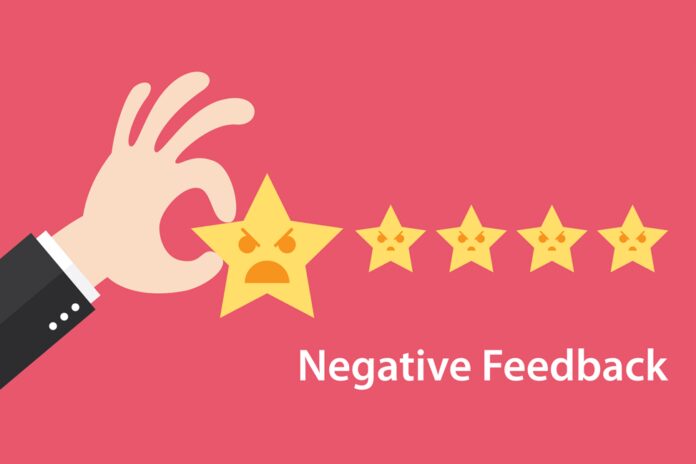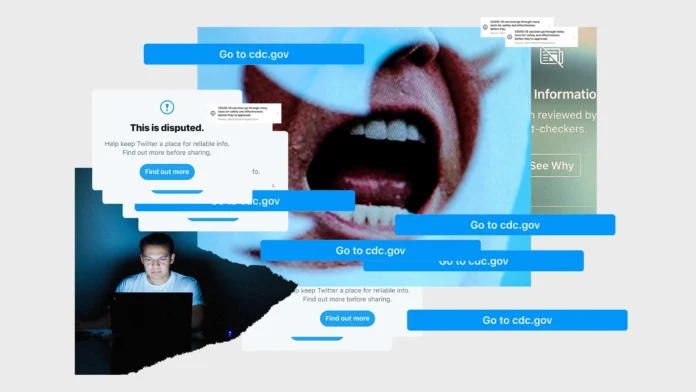In case you are a social media manager or a business owner trying to moderate your community space, you might be in a dilemma over whether to delete certain comments. After all, not all comments from your audience are exactly desirable, as some of them might violate community standards or speak ill of the company. Your moderation policy is a part of your brand’s image on social media, so you should indeed be careful about the actions you take.
Deleting unwanted comments might seem like a quick and easy fix that would save you a lot of effort. However, it’s not always the best course of action. While deleting comments is often necessary, at other times, you might want to avoid doing it. After all, sweeping problems under the rug can lead to greater issues down the road.
If you aren’t very well accustomed to comment moderation, click here to learn more. Experts at Viafoura highly recommend following a well-planned comment moderation policy. The way you moderate comments on your social media outlets and communities directly impacts the impression you put up.
Should you delete comments?

Now, this is a rather tricky subject. Over moderating your community and rampantly deleting every unwanted comment will do more harm than good. Especially at a time when people around the world are speaking up against censorship, you need to be careful about your moderation policy.
In case your audience feels that your organization is suppressing their expression to serve its own interests, the brand will quickly lose credibility. Based on individual, case-by-case discretion, you might be better off deleting comments that contain the following:
Spam links

You should always delete comments that carry spammy links, as a heavy presence of such links can reduce the credibility of your page. Often, these redirections are harmful and involve financial scams or attempts to steal personal information.
Inappropriate content
In case the comments include any inappropriate speech or content, it might be a good idea to delete them. Examples of such content include hate speech, racist comments, sexism, etc.
Self-promotion
As your brand gains a large audience, other organizations or individuals will try to benefit from it by posting their promotional content in the comments. Of course, it’s perfectly fine to get rid of such comments without a second thought.
Trolling

Online trolls are a consistent problem on social media platforms. If you find trolls posting provocative content, feel free to take action. This is particularly important if the troll is trying to start a toxic argument or ridicule your brand unfairly.
Besides these, other comments that violate your community guidelines can be deleted too. The biggest dilemma arises when it comes to critical comments about your brand.
In most cases, you wouldn’t want people to speak ill of your organization publicly within your own community circles. However, if you repeatedly try to suppress your critics, word will spread fast. You generally do not want your brand to be known as an organization that heavily censors customers who are unhappy with your products and services.
As such, it’s important to carefully consider each case to determine the best course of action, as valid criticism has its own merit.
How to deal with negative feedback in the comments?

It is easy to delete comments on YouTube, Facebook, or other popular social media platforms and community spaces. However, experts advise against deleting negative feedback, as it can infuriate the commenters and cause the negativity to grow and spread. In the age of social media, it doesn’t really take long for people to let others know that their views were censored.
The best way to deal with such comments is to respond to them appropriately. If the negative feedback is justified, do not hesitate to apologize. Promise to solve the issue, ask for the commenters’ suggestions, or let them know if you are already working on a solution. Here are some quick tips in this regard:
- Respond quickly
- Remain polite and civil
- Give thoughtful replies
- Suggest solutions as applicable
- Avoid deleting comments as long as they are civil
Deleting negative comments should only be a last resort, such as when dealing with fake negative reviews posted just for the sake of trolling or to give your brand a bad image.
Three best comment moderation practices
Your brand’s values and principles reflect in your comment moderation practices. How you handle negative or inappropriate comments determines how the audience perceives your organization. Here are three of the best comment moderation practices that experts recommend:
1. Ban troublemakers
There might be members who repeatedly violate community guidelines by posting inappropriate content, trolling, or spreading toxicity. Do not hesitate to remove or ban them from your online community. Other users will actually appreciate such measures, which will aid in brand loyalty in the long run.
2. Own up to your mistakes
In case there is a negative comment complaining of a genuine issue, own up to the mistake and apologize. It will help resolve the conflict and prevent the negativity from escalating. A sincere apology from a brand shows the audience that the brand does pay attention to negative reviews. You might also want to personalize the responses so that the audience does not feel like they are receiving automated responses from bots.
3. Move complex issues to DMs
While resolving issues publicly helps show the audience that you are proactive at listening to their concerns, not every issue should be handled this way. In case there are negative comments regarding a complex issue that might require a prolonged discussion, move the conversation to a more private channel. This is also crucial if you need the complainant to share any sensitive information to help them.
However, do mention under the comments that you are moving the conversation to DMs, email, or whichever private channel you use. This way, other users coming across the thread won’t get the wrong impression that you left the problem unattended.
Endnote

Following the right comment, moderation practice is an indispensable part of a brand’s social media strategy. Knowing when to delete comments and how to respond to negative reviews will help your brand significantly in the long run.









